Nutritional Foundations (In Brief)
(Originally sent as part of our weekly email; published on 6/19/2023)
In conversations that I’ve had with folks over the past few weeks, it’s been requested that we spend some time in this weekly email talking about the subject of nutrition; so, today, I’m going to do just that — with a focus on the FUNDAMENTALS.
Just like with exercise, and perhaps even moreso, there are so many sources out there trying to give information and advice (or “hacks,” or “secrets”) when it comes to eating, especially in regards to losing weight/body fat.
Our goal with our clients is always to lay a solid foundation of the basics, because these have a disproportionate effect on the results. For example, your overall strength development over time is going to much more affected by your basic squat ability than it is by, say, your squat snatch. Likewise, how well you do on the FUNDAMENTAL, day to day aspects of nutrition (see below) matters many times more than the things that sit at the top of the pyramid, so to speak (things like timing, fasting, or supplementation).
Ok, so what are the fundamentals?
1) Protein
You’ve probably heard protein referred to as the “building blocks” of life, and this is a great way to think about it: protein is necessary to maintain, repair, and grow muscle. Not only that, but it keeps us feeling full, and eating it doesn’t cause a spike in blood sugar.
Protein recommendations vary, but generally 0.7g – 1.0g per pound of bodyweight each day is a good goal, with the lower end being for those that aren’t very active, and the upper end for those that train more, want to build muscle, or are older (our protein needs actually increase as we age).
Try spreading this out over 3-4 meals/snacks, having some protein every time you eat, and always try to keep some lean protein options around to make things easier. As a general guide, a palm-sized serving of protein is about 25 grams, so someone in the 150lb range would try to have 2 palm-sized servings in all 3 meals.
2) Fruits and Veggies
Once we have our protein sorted out, we need to fill the rest of our plate, and the best way to accomplish this is to do it with REAL, unprocessed food.
Besides the myriad vitamins and minerals that we get from eating 1-3 servings of fruits and veggies at every meal, we also tend to avoid unnecessary calories when we cut down on processed and pre-packaged foods.
Vegetables and fruit also tend to be high in fiber, which help us feel full longer, and pull water into our digestive system (see below)
3) Hydrate
To keep it brief here, not drinking a good amount of water each day can lead to lower energy level, less mental acuity, and more food cravings. What’s a good amount of water? I can say about half of your bodyweight (in lbs) in ounces, but an easier way is to say 8-12 ounces with every meal and between every meal, plus right when you wake and while you train.
A last thing to note here is that, while these things sound simple, there can be a lot of obstacles that stand in the way of getting lean protein and whole foods in every meal. There are skills involved here, as well, in that we need to have the ability to prepare foods in advance. As mentioned earlier, setting ourselves up for success means having these foods around (and ready) for when we need them, so that we don’t just jump at easy-to-obtain, highly processed foods.
But keeping these basic nutritional fundamentals in mind, as we build these skills and habits, will allow us to enjoy optimal health, energy, and body composition, without over-complicating things.
****
While I hope that this serves as a decent guide, I’m sure I’ve failed to touch on a lot of areas that people might want to know about. If you have any nutrition-related questions, or would like to chat with one of our coaches about creating a plan that works for you, please email me (adam@fullrangecrossfit.com) or Alecia (alecia@fullrangecrossfit.com), and we will be happy to help.

